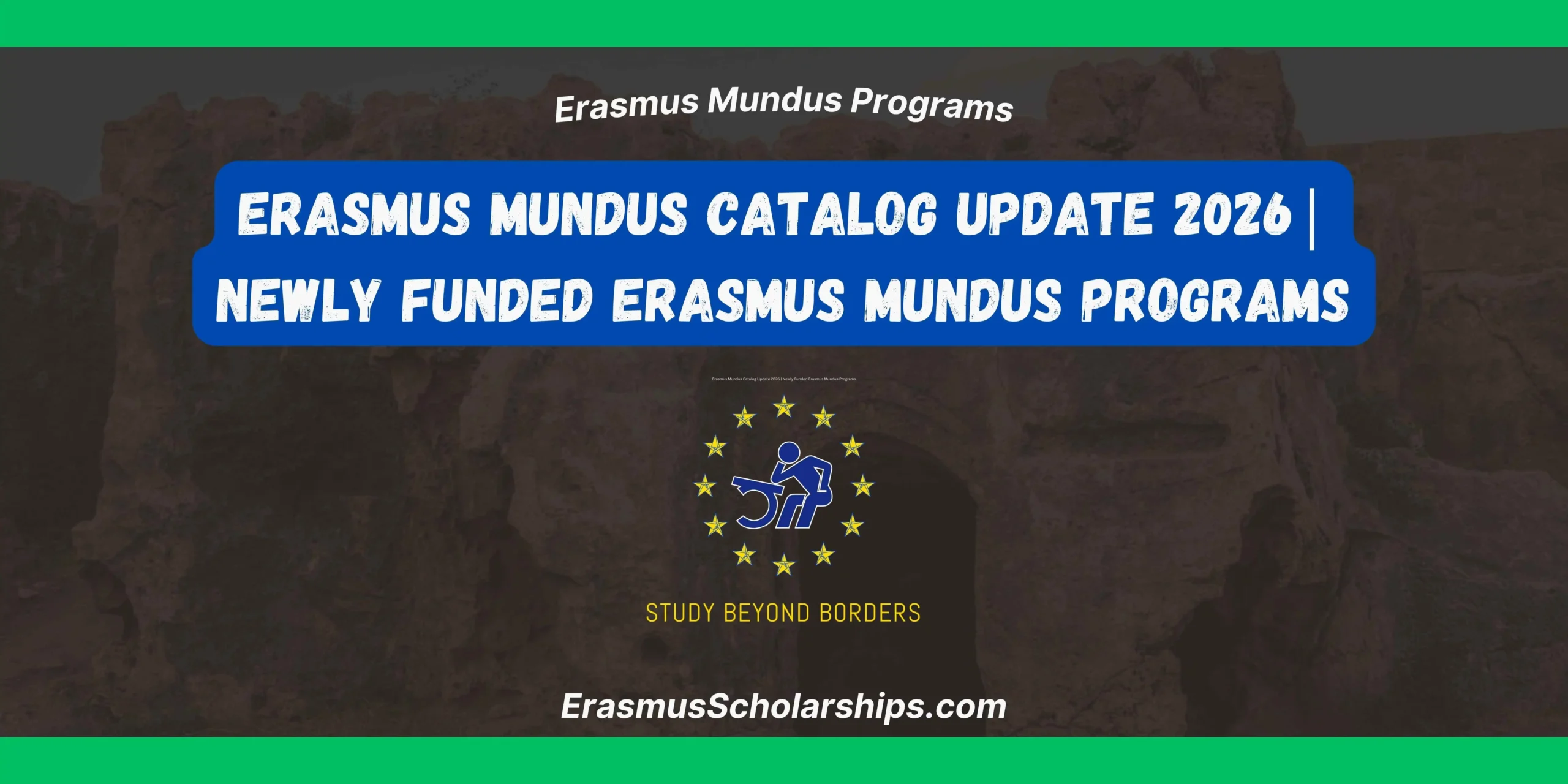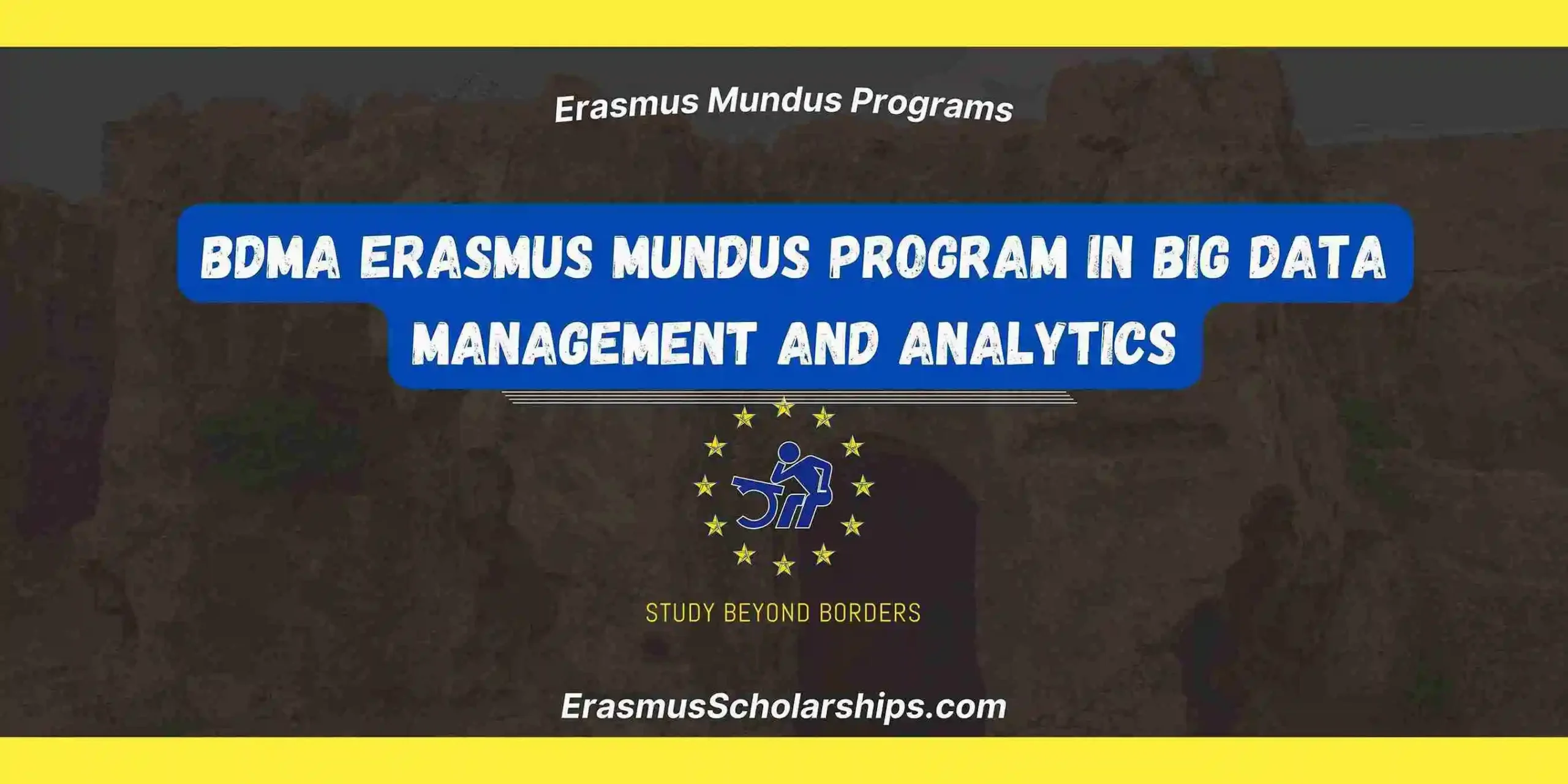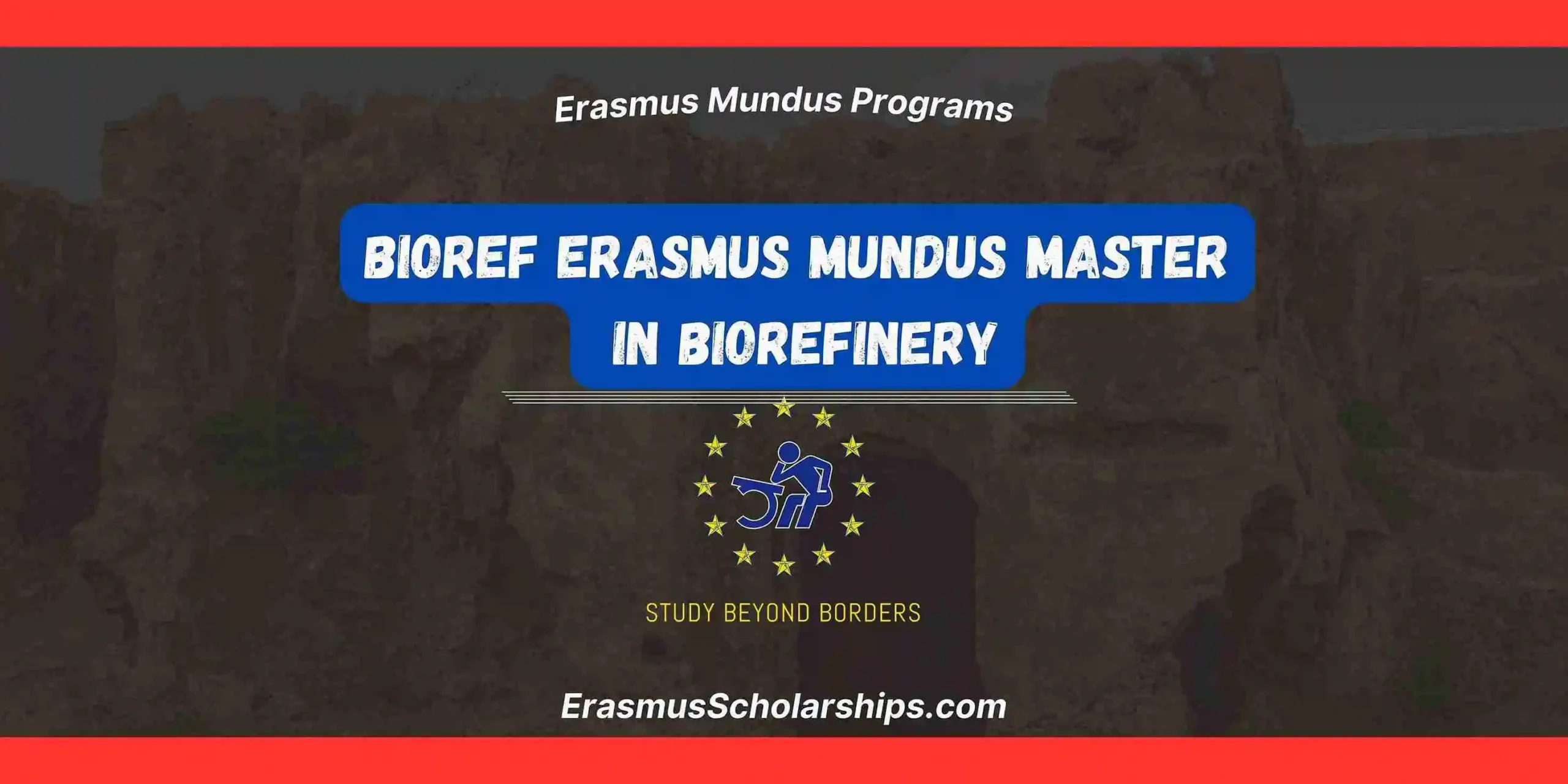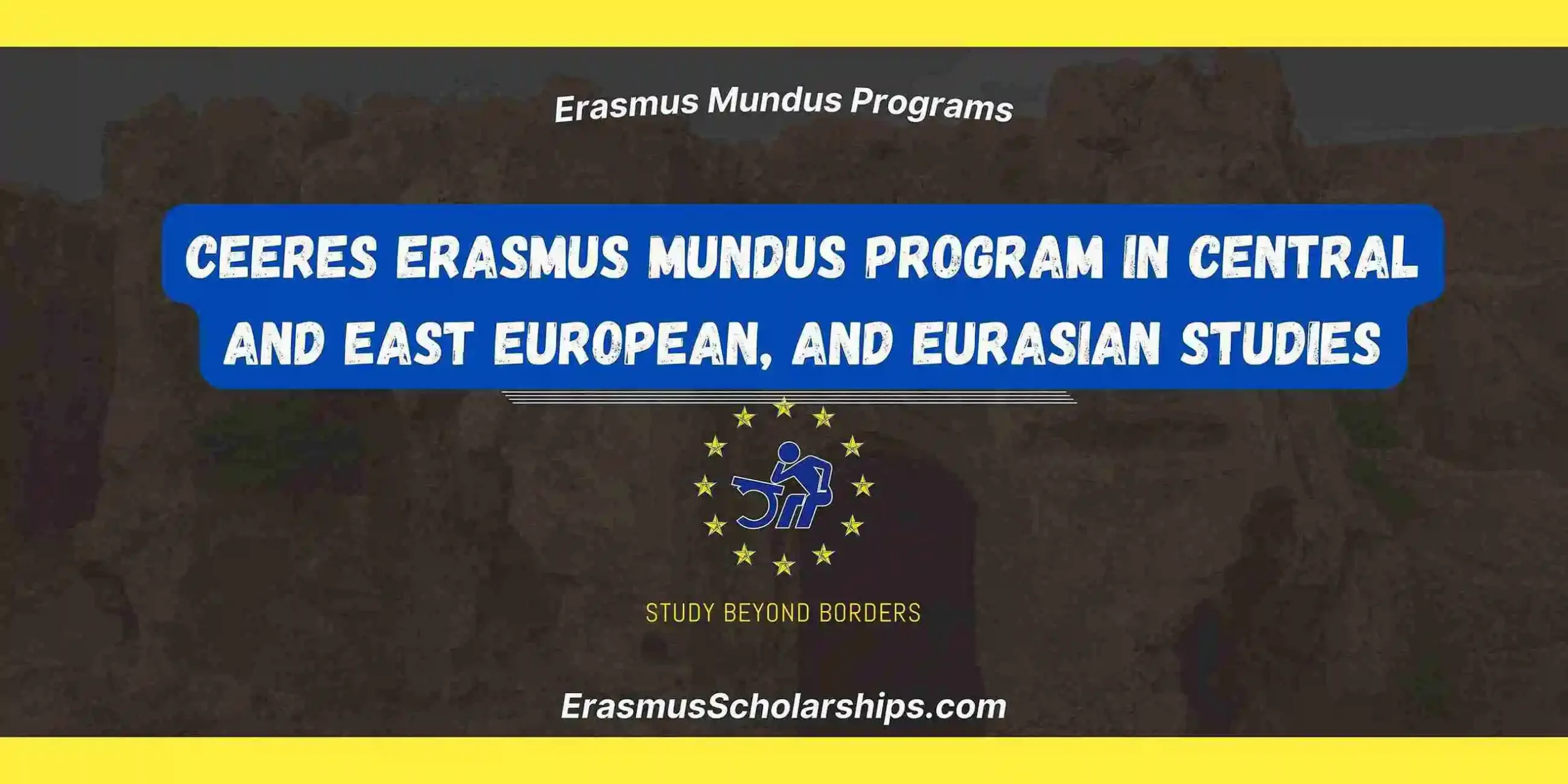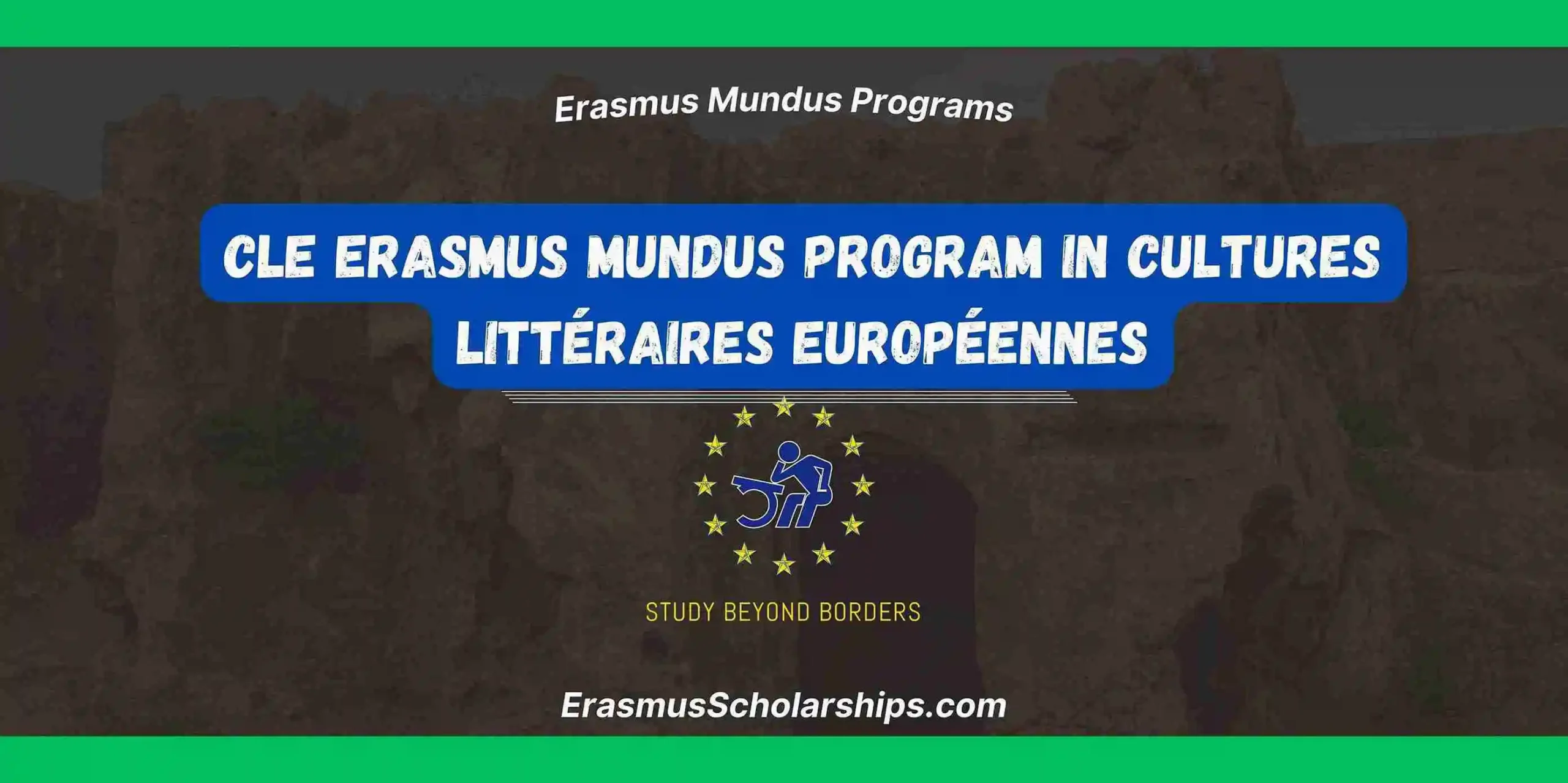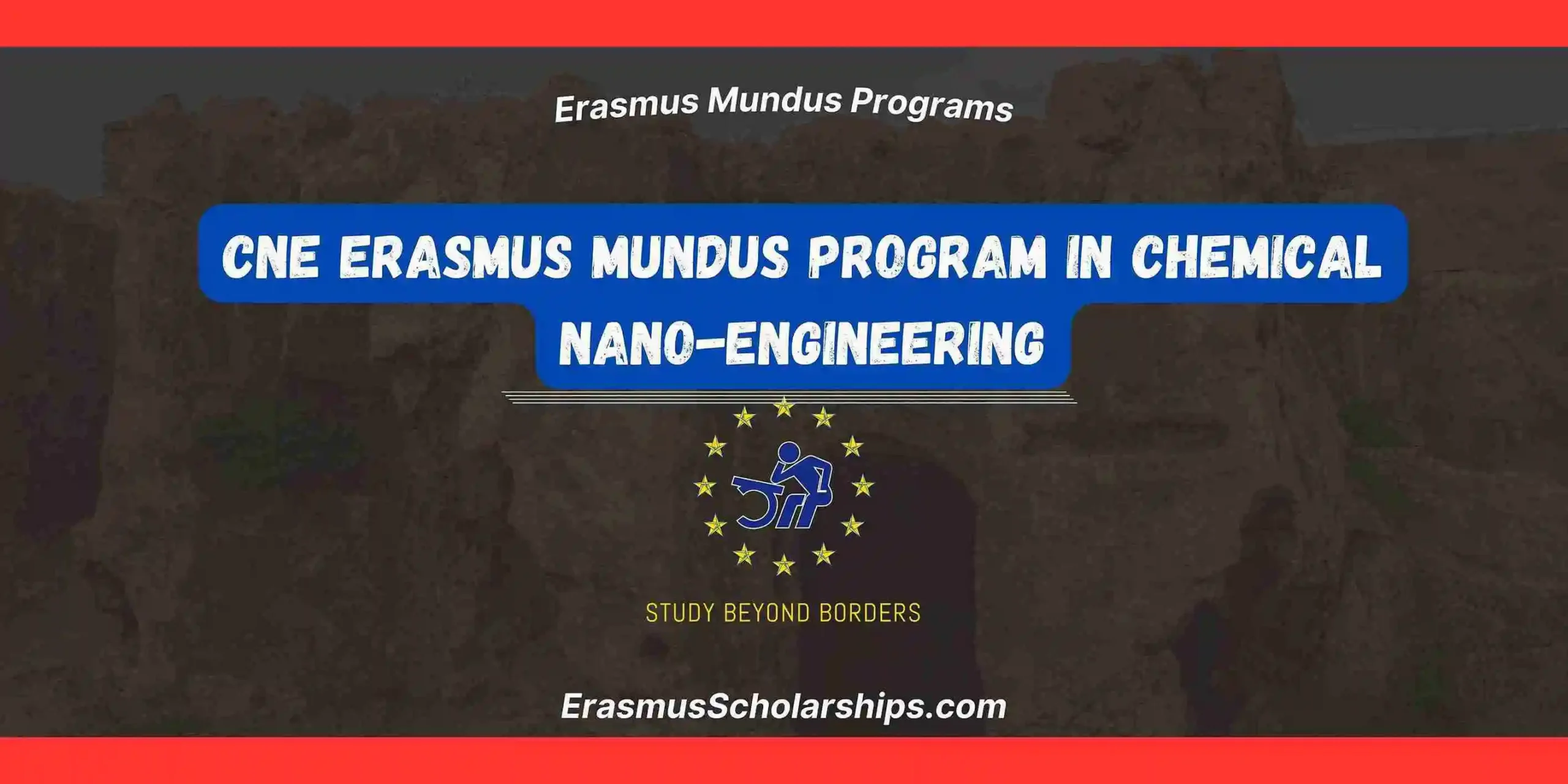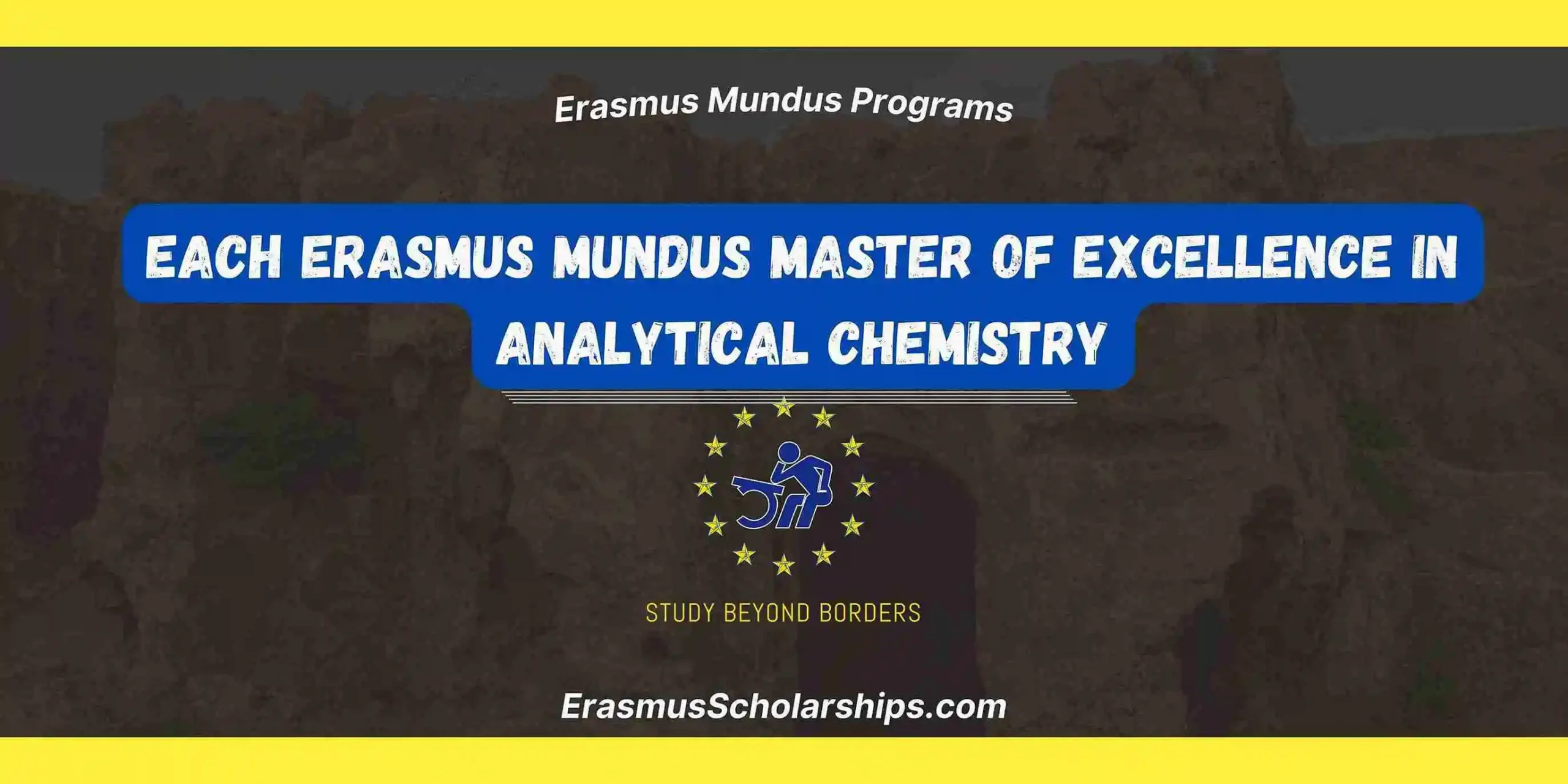The International Master of Science in Fire Safety Engineering IMFSE Erasmus Mundus Program is a prestigious two-year joint master’s program educating the next generation of fire safety engineers. The program is supported by the Erasmus Mundus framework and involves leading universities and industry partners across Europe and globally.
Project Status
- Ongoing
- Start date: 01-09-2022
- End date: 31-10-2028
- EU Grant: €5,484,000.00
- Programme: Erasmus+
- Key Action: Partnerships for cooperation and exchanges of practices
- Action Type: Erasmus Mundus Joint Master
- Countries Covered: 4 (core), with mobility and internship options globally
- Universities Involved
- Countries Involved
The IMFSE Erasmus Mundus program offers students the opportunity to study at four top-tier universities across Europe.
| Ghent University |
| Lund University |
| The University of Edinburgh |
| Polytechnic University of Catalonia |
| Sweden |
| Belgium |
| UK |
| Spain |
This cross-border collaboration allows students to gain an international perspective while studying and researching in the heart of Europe’s academic and industrial hubs.
Description of the Program
The International Master of Science in Fire Safety Engineering (IMFSE) is a two-year joint master’s degree that trains engineers to master fire safety science and engineering with an international outlook.
Key Aspects:
- Interdisciplinary Curriculum: Combines fire dynamics, structural engineering, human behaviour, and risk assessment.
- Mobility opportunities: Study in multiple countries, gaining exposure to various teaching and research cultures.
- Cutting-edge Research: Access to world-class labs and academic supervision from leading fire researchers.
- Career Opportunities: Graduates work globally in consultancy, research, government, or industry (Arup, WSP, OFR, Hydrock, etc.).
Possible Mobility Tracks in IMFSE Erasmus Mundus Program
Students enrolled in the International Master of Science in Fire Safety Engineering (IMFSE) will have the opportunity to study at multiple institutions throughout the program:
- Semester 1: Ghent University (Belgium) or The University of Edinburgh (UK)
- Semester 2: Lund University (Sweden)
- Semester 3: Ghent University (Belgium) or Polytechnic University of Catalonia (Spain)
- Semester 4: Master’s thesis at any of the partner/associated universities (student’s choice based on topic and supervisor availability)
Requirements for Admission
To be eligible for the IMFSE Erasmus Mundus Scholarship, applicants must meet the following criteria:
- Academic Qualification: A bachelor’s degree (or equivalent) in a relevant field such as civil / structural / mechanical / electrical / chemical / industrial engineering, material sciences, chemistry, physics, applied physics, architecture, urbanism and spatial planning or a related discipline.
- Language Proficiency: Proficiency in English (usually proven by IELTS, TOEFL, or equivalent tests).
- Statement of Purpose: A motivational letter outlining academic interests, career goals, and reasons for applying.
- Letters of Recommendation: Typically, two letters from academic or professional referees.
Application Timeline
The application process follows a structured timeline:
- Applications Open: Around September every year
- Deadline for Applications: 31 January
- Shortlisting and Interviews: Mid-February
- Final Selection and Admission Offers: Mid-March
- Program Start: Around September every year
How to Apply for IMFSE Erasmus Mundus Program?
- Step 1: Check Eligibility: Ensure you meet the academic, language, and portfolio requirements.
- Step 2: Prepare Documents: Gather your CV, transcripts, language certificate, portfolio, motivation letter, and recommendation letters.
- Step 3: Submit Online Application: Complete the official online application through the program’s website (Via Oasis Ghent University portal).
- Step 4: Attend Interviews: 50-60 shortlisted candidates are invited for an online interview to discuss their application and portfolio.
- Step 5: Receive Admission Decision: Successful candidates will receive an admission offer and scholarship confirmation.
Curriculum of the IMFSE Erasmus Mundus Program
The IMFSE curriculum offers a well-rounded blend of core fire science, engineering principles, and practical research. Students take courses such as Fire Dynamics, Active and Passive Fire Protection Systems, Structural Fire Engineering, Human Behavior in Fire, and Fire Risk Assessment, among others.
The full curriculum and semester breakdown can be found here:
- First Semester
- Second Semester
- Third Semester
- Fourth Semester
Ghent University
| Course Name | ECTS |
|---|---|
| Explosions and Industrial Fire Safety | 6 |
| Fire Dynamics | 6 |
| Data-Driven Management of Fire Incidents | 3 |
| Thermodynamics, Heat and Mass Transfer | 6 |
| Material Behaviour at Ambient and Elevated Temperatures | 3 |
| Electives (choose 6 ECTS total): | |
| • Analysis of Structures | 3 |
| • Design for Structural Fire Resistance | 3 |
| • Introduction to Entrepreneurship | 3 |
| • Modelling of Turbulence and Combustion | 3 |
| • FSE Based Firefighting | 3 |
| • Fire Research Seminar | 3 |
University of Edinburgh
| Course Name | ECTS |
|---|---|
| Fire Science Laboratory | 10 |
| Fire Safety Engineering | 5 |
| Fire Science and Fire Dynamics | 5 |
| Structural Design for Fire | 5 |
| Research Methods for Engineers | 5 |
Lund University
| Course Name | ECTS |
|---|---|
| Risk Assessment | 8 |
| Advanced Fire Dynamics | 9 |
| Human Behaviour in Fire | 8 |
| Simulation of Fires in Enclosures | 5 |
Ghent University
| Course Name | ECTS |
|---|---|
| Active Fire Protection I: Detection and Suppression | 6 |
| Active Fire Protection II: Smoke and Heat Control | 6 |
| Fire Safety and Legislation | 3 |
| Passive Fire Protection | 3 |
| Performance-Based Design | 6 |
| Electives (choose 6 ECTS total): | |
| • Design for Structural Fire Resistance | 3 |
| • Applications of Advanced Structural Fire Engineering | 3 |
| • Introduction to Entrepreneurship | 3 |
| • Modelling of Turbulence and Combustion | 3 |
| • FSE Based Firefighting | 3 |
| • Fire Research Seminar | 3 |
Universitat Politècnica de Catalunya
| Course Name | ECTS |
|---|---|
| Wildland Fire Behavior and Modelling | 6 |
| Risk and Vulnerability at the Wildland-Urban Interface | 6 |
| Advanced Fire Safety Engineering | 6 |
| Risk and Safety at the Chemical Industry | 6 |
| Electives (choose one): | |
| • Computer Vision | 6 |
| • Data Analysis and Pattern Recognition | 6 |
| • Technology Innovation | 6 |
Fourth Semester: Internship/Master Thesis
| Course | Type | Area/EP | ECTS |
|---|---|---|---|
| Master Thesis | Mandatory | 30 | |
| Total | 30 |
Tips to Win This Program
- Highlight Technical Background: Emphasize engineering fundamentals and analytical skills.
- Show Real Motivation: Explain why fire safety matters to you and how you want to contribute.
- Global Perspective: Demonstrate international interest and adaptability.
- Well-structured CV & Motivation Letter: Clear, concise, and tailored to IMFSE curriculum.
- Strong Recommendations: From professors familiar with your academic and/or research potential.
Alumni Feedback
“IMFSE has truly been a transformative experience for me. The opportunity to study fire safety engineering in four different countries including Belgium, Sweden, Spain, and UK has broadened my perspective, both academically and culturally. The program not only provided me with cutting-edge knowledge and technical expertise in fire safety engineering but also opened doors to a global network of industry leaders and world-class academic mentors. I’m proud to be part of the IMFSE network and excited about the future opportunities it will continue to provide. This program didn’t just teach me technical skills, but also prepared me to make an impact on a global scale.” – [Muhammad Farooq Hassan]
Frequently Asked Questions (FAQs)
What is the IMFSE Erasmus Mundus Master?
A two-year joint master’s program in fire safety engineering, supported by the Erasmus Mundus scholarship.
Who can apply for the IMFSE Erasmus Mundus Scholarship?
Applicants with a relevant bachelor’s degree and good academic standing who meet English language requirements.
How much funding does the IMFSE Erasmus Mundus Scholarship provide?
It covers tuition, insurance, travel costs, and a monthly stipend of €1400 for two years.
What jobs can IMFSE Erasmus Mundus graduates pursue?
Fire engineering consultancy, research positions, building code compliance, risk assessment, and more.
Can I apply for IMFSE Erasmus Mundus Program if I already have a Master’s?
Yes, previous master’s degree holders are eligible.
Is IMFSE Scholarship highly competitive?
Yes, only top applicants are selected based on academic performance, motivation, and global outlook.
When is the deadline for applications for IMFSE Erasmus Mundus Program?
It falls around January every year for scholarship applicants.


